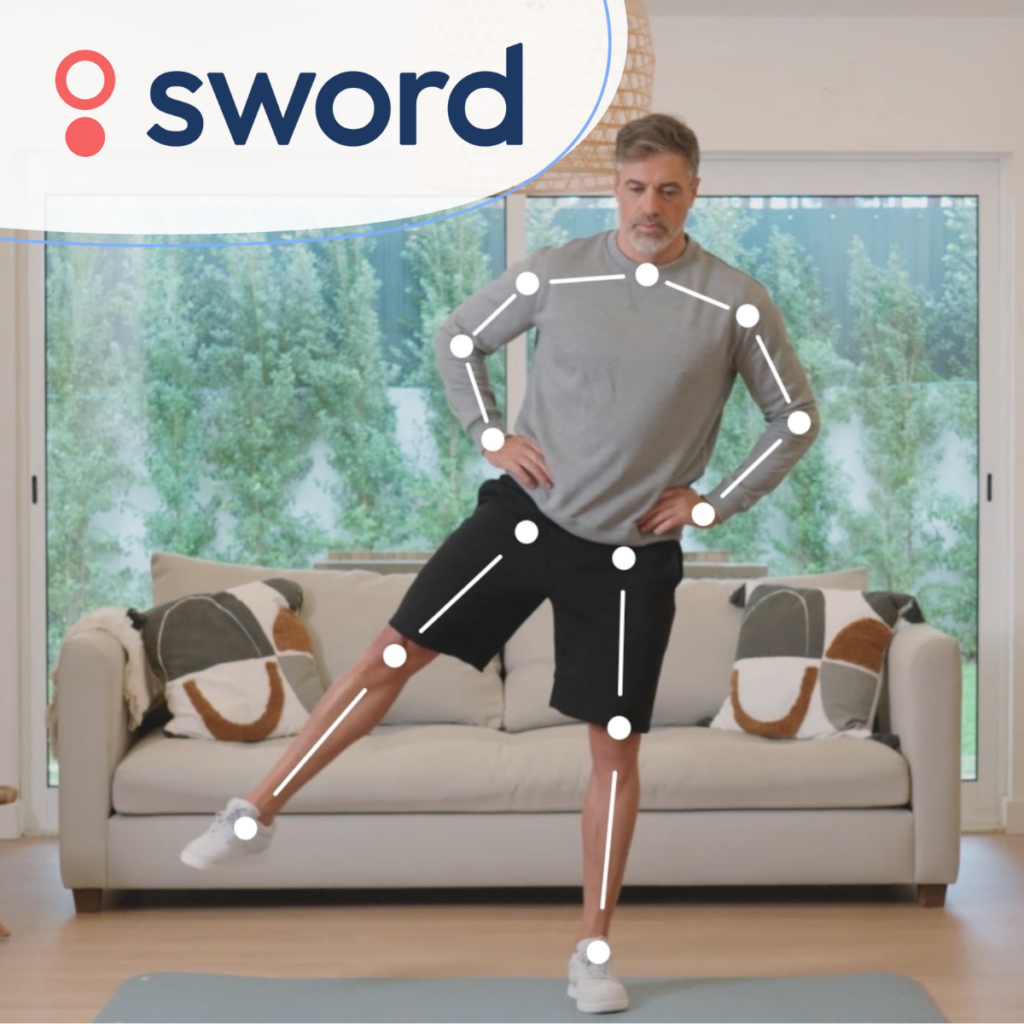To make medical research smarter and faster, and build top-notch products to support decentralized clinical trials, we pay close attention to diversity & inclusion in Castor’s Product and Engineering teams. Therefore, we’re launching the Castor D&I interview series, where Castorian women in technology share their experiences and thoughts on making the workplace more inclusive.
Roxana Cristian, Engineering Team Lead, Castor
What got you interested in technology?
As a child, I loved playing with Lego, and I had a computer quite early, but at that point, I wasn’t interested in hacking or taking it apart; I didn’t even have access to the Internet until high school.
High school is where that interest blossomed into a passion for technology. I excelled at maths, so I competed to join my high school’s intensive informatics classes—that’s where I started learning to program for the first time.
What is it like to be a woman working in technology? What challenges have you faced?
I consider myself lucky as I grew up in post-communist Romania, a country where women were equally encouraged to work (reminiscent of communism).
I also had a math tutor that was an engineer, and she advised me to become one—in a field that she thought would be lucrative by the time I grew up.
But that’s not to say I didn’t ever face discrimination in the industry. People in Romania can be quite conservative, so I’ve heard quite a lot of “women can’t succeed, working in IT.” When I was at university, I distinctly remember one of my maths professors announcing to the class that he didn’t understand why there were women present in the auditorium; he thought that we should be taking care of things at home instead.
After I started working in technology, I did feel like I had to prove myself more than my male colleagues, but I tried not to be put off by it. Since moving to the Netherlands, I feel a little more accepted as a woman in the workplace. However, we still need to do more to solve the issue of discrimination in the workplace.
It is mostly having been paid less than male colleagues, having to insist on being able to take over a responsibility I knew I was capable of and having people tell me they were surprised that I did well in the end.
Tell us about your current role at Castor and the most exciting part of your work?
I don’t like change—I’ve always avoided switching jobs, even when I’ve been unhappy—but this is the first time the company’s goal has so strongly resonated with me. Castor’s mission—using AI to improve medical research—sounded like something I wanted to be a part of.
I’ve worked at Castor for three years now; I love the feeling that my work is impactful and appreciated, and I continuously learn from my peers. The most exciting part is getting to work on new, technologically challenging features that our customers need. I love seeing how those features are used in actual clinical trials. The pandemic offered quite a few opportunities for such projects, and I got to see them being used to finding treatments and vaccines for Covid—that is truly rewarding!
What do you think companies can do to encourage more women to choose careers in tech?
The earlier that encouragement starts, the better. Women and girls must have access to follow tech courses as early as possible—preferably from when they are in school. It’s challenging for companies to impact this directly, but they can look at sponsoring nonprofits directly involved in education.
It’s also important to hire women for junior roles and internships. Helping more women to get their foot in the door is the first step to a more diverse workplace. It also means that the company’s veterans are exposed to fresh ideas and perspectives that will, ultimately, allow them to give back to the tech community. Lastly, but equally important part is to offer implicit bias training.
Are there any initiatives at Castor that positively impact the workplace being more diverse and inclusive?
We have a D&I team of ambassadors dedicated to improving our internal process and hiring, making it more attractive and accessible to minorities. We already have an onboarding session to make people aware of their biases and of the easiest way to offer support to those less privileged in the workplace.
We also have a policy that clearly states that the company does not tolerate discrimination and any sort of aggression. That has quite an impact, as I can feel my peers and managers respect my boundaries. Also, it creates a friendly, casual, and fun work environment without people’s feelings being hurt. The company is open to discussing mental health challenges and encouraging people to speak up when they’re not comfortable with something or just stressed. Our People Team offers support whenever needed.
As a Team Lead, how have you found it best to promote and nurture women in the workplace?
I encourage minorities in my team to speak up and to be confident in showing their work in demos. I understand when they need to take time off, and I encourage others in the team to listen to and support their peers.
To wrap things up, we’d love to hear a fun fact about you?
I am a bit of a hoarder, and you will most probably find anything you might need in my bag or on my desk. Plus a few different kinds of snacks and a few things no one will ever need!


